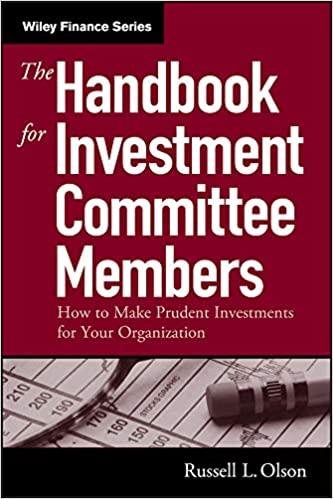
Please solve the problem orderly.
I want to know answer about all about them.
An Italian company is considering expanding the sales of its cappuccino machines to the U.S market. As a result, the idea of a setting up The company estimates the initial demand in U.S will bring in an annual operating profit of $2,500,000, which is expected to keep track with the U.S price level. The new facility will free up the amount currently exported to the U.S market. The company presently realizes an annual operating profit of 1,000,000 on its U.S. export The manufacturing facility is expected to cost $24 million. The company plans to finance the project with a combination of debt and equity capital. The new project will increase the company's borrowing a manufacturing facility in the U.S should be explored. capacity by 10 million, and the company plans to borrow only that amount. The city in which the facility will be built has promised to provide a 5-year loan of $ 7.5 million at 6% per annum. The U.S IRS will allow the company to straight-line depreciates the new facility over a 5-year period. After that time, the company plans to sell all molding equipment (accounts for 55% of the projects cost). Although it is difficult to estimate the salvage value, the company is confident that the after-tax salvage value will be at least 25% of the original book value. Corporate tax rates in the US and Italy are the same as 35%. The long-term inflation rate is expected to be 3% in the US and 5% in Italy. The current spot exchange rate is $ 1.50 The Italian company explicitly believes in PPP as the best means to forecast future exchange rate. The company's U.S sales affiliate currently holds $1.5 million ready for repatriation back to Italy. The money was accumulated under a special tax concession rate of 25%. If the fund were repatriated additional tax will be due. The company estimates its weighted average cost of capital to be 1 196, and all-equity cost of capital to be 15%. It can borrow dollars at 9% per annum and Euros at 10%. QUESTIONS: (There are totally 9 questions) Why APV model is better than NPV model for capital budgeting analysis? Specify the discount rate you would use for the calculation of :(1) present value (PV) of after-tax rating cash flows; (2) PV of depreciation tax shield: (3) PV of terminal cash flows. Explain why ()Illustrate how to calculate the PV of after-tax operating cash flow in APV analysis (use the first two in your illustration). (4)Discuss how the U.S manufacturing facility should be financed. Specify the amount of debt and cost of debt (5XCalculate the subsidy provide by the host city Calculate the PV of interest tax shield from non-concessionary loan. alculate the amount of fund that will be freed up by the new project. (8)Assume the preliminary estimate of the 5-year project's APV is-1,000,000, which does not include the after-tax salvage value of the equipment. Calculate the break-even after-tax salvage ue. Do you recommend the project to the Italian company? Explain. (9)Now of the interest payment should be used to calculate interest tax shield? Explain. assume the concessionary loan offered by the host city increases to $20 million. How much
 Please solve the problem orderly.
Please solve the problem orderly. 





